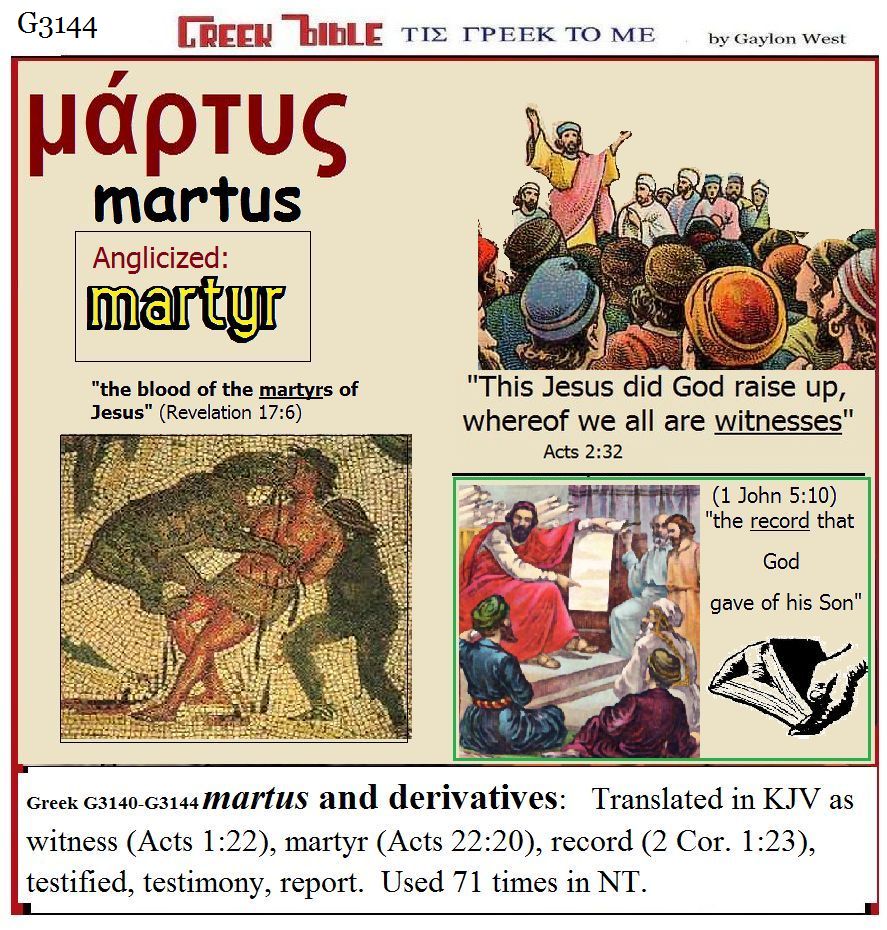In America, we are familiar with the jury system. It is my prayer that you will consider being a jury member judging the Jesus of the New Testament.
"And all the assembly fell silent, and they listened to Barnabas and Paul as they related what signs and wonders God had done through them among the Gentiles" (Acts 15:12).
During the first century it was understood that the prophecy in Isaiah 2 had been fulfilled and "out of Zion shall go forth the law, and the word of the LORD from Jerusalem", verse 3. So when teachers came from Jerusalem contradicting Paul and saying that the Gentiles had to be circumcised, there was obviously confusion. Therefore Paul and Barnabas went to Jerusalem to see what was going on. The church in the city were very much interested in knowing the answer since traditionally all men had to be circumcised in order to be acceptable to God.
First, the apostle Peter reminded the church that the miracles of the Holy Spirit had signified God's acceptance of Cornelius and his house without circumcision. Then in verse 12b Paul and Barnabas "related what signs and wonders God had done through them among the Gentiles" (ESV 2011). They reasoned from these signs that God did not require one to become a proselyte Jew in order to be saved.

Now it is significant that neither Peter nor Paul's group did any miracles in front of the church. They gave testimony of miracles occurring and made their arguments based upon the miracles. The testimony was sufficient for James to follow up with the prophesy quote from Amos 9:11. Christianity is unique among the worldwide religions in being intellectually based upon (1) prophecy and (2) testimony.
The audience had Pharaisaic activists converted but who held biased opinions of what Gentiles should or should not do. But to their credit they listened and were persuaded by the testimony. Remember, they had not been with Peter at Cornelius's house, nor had they been with Paul and Barnabas in the land of the Gentiles. However, they received and believed the testimony of these men. Why? And why should we?
THE SIGNS OF JESUS. We have not seen the miraculous signs of Jesus. Nevertheless, there is testimony of witnesses. "And many other signs truly did Jesus in the presence of his disciples, which are not written in this book: But these are written, that ye might believe that Jesus is the Christ, the Son of God; and that believing ye might have life through his name" (John 20:30,31). In the previous verse, Jesus told Thomas, "Thomas, because thou hast seen me, thou hast believed: blessed [are] they that have not seen, and [yet] have believed".
A cornerstone of Christianity is the miraculous sign of the resurrection of Jesus Christ. "Concerning his Son Jesus Christ our Lord, ... declared [to be] the Son of God with power, according to the spirit of holiness, by the resurrection from the dead: By whom we have received grace and apostleship, for obedience to the faith among all nations, for his name" (Romans 1:3-5).
A good witness in a court of law is one who has credibility. Credibility is comprised of (1) trustworthiness and integrity (moral uprightness), (2) has first hand knowledge, (3) is rational, (4) competence, not gullible, (5) humility without psychological retreat: aloofness and arrogance.
What is the credibility of these witnesses, called Jesus' apostles?
Are they trustworthy? Just as the Jerusalem people and the entire first century disciples trusted them, we can have assurance that these men were of moral character and integrity just as they taught others to be. These people lived what they preached. Neither were they deceivers. Deceivers have motives. There was no earthly gain in being a Christian. The preaching of the cross was a stumbling block and considered by the world as foolish (1 Corinthians 1:23). None of them flip flopped when severely punished. It would have been very easy to admit to lying rather than suffer (2 Corinthians 1:12).
Did they have first hand knowledge of the resurrection. Yes. They weren't telling what they heard from others; they were telling what they saw with their own eyes (1 John 1:1,2). Even Paul the last apostle chosen claimed to have seen the Lord Jesus on the road to Damascus. It turned his life around. Zealously, he preached what he had previously denied.
These men were psychologically sound and not crazies. Their deportment as witnessed by Luke and others indicated their self control.
These men were not gullible. They did not deceive and neither were they deceived. It would have been physically impossible for Paul to have been deceived. Today we have bright lights and audio technology. There was none of these in the first century. All were slow to believe. Not just Thomas or the persecutor Paul, but all the apostles. They wanted to go back to "fishing" (John 21:3). Jesus upbraided them for their not wanting to believe the ladies about His resurrection (Mark 16:14-16).
As a juror, what is your verdict? Would you accept the testimony of these credible witnesses? What about this murdered Jesus? How say you?
"When he shall come to be glorified in his saints, and to be admired in all them that believe (because our testimony among you was believed) in that day" (2 Thessalonians 1:10).
- Gaylon West
THROW OUT THE LIFELINE
